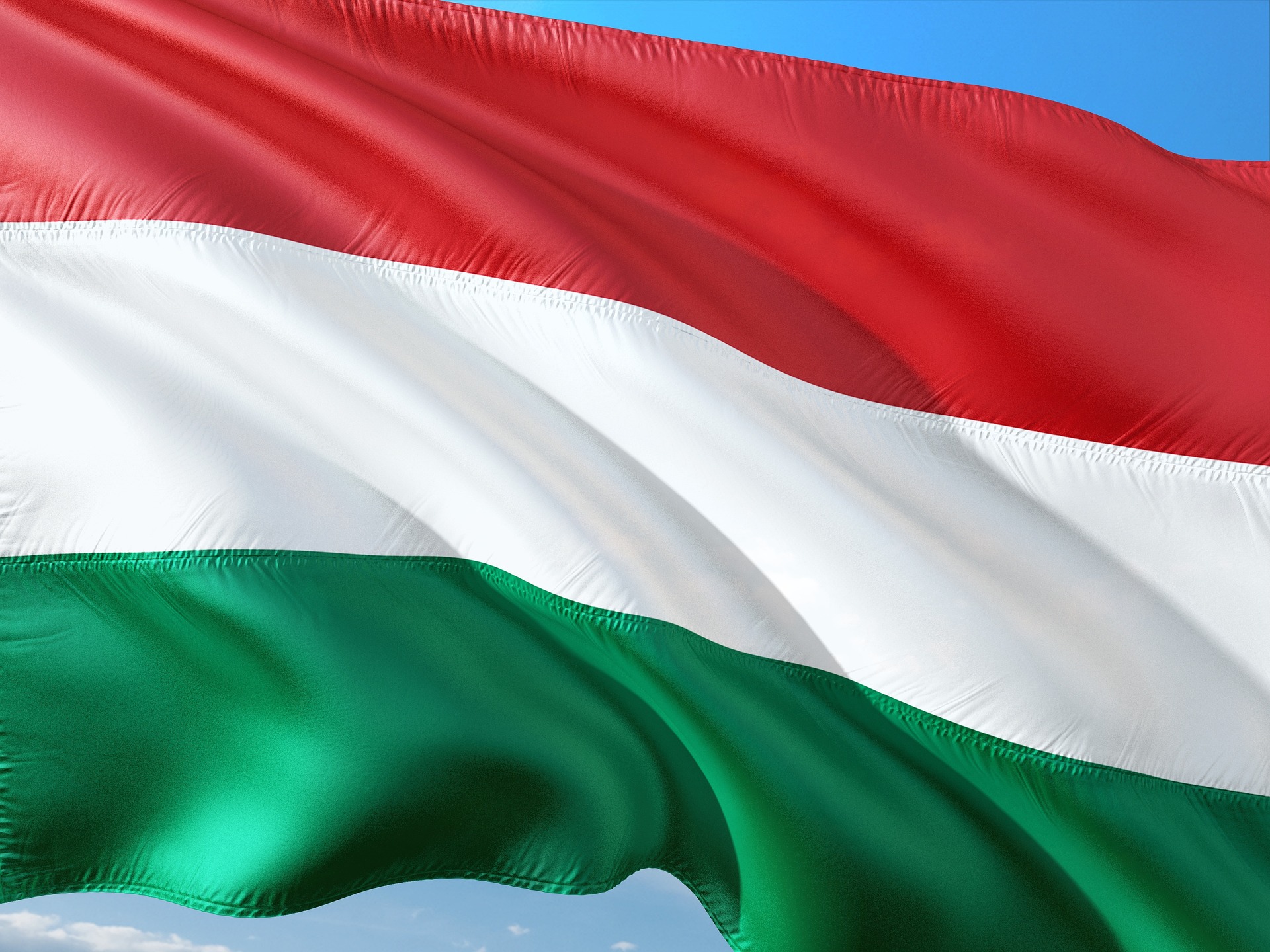
403
Sorry!!
Error! We're sorry, but the page you were looking for doesn't exist.
Hungarian PM Calls for new European security framework to address Russian-Ukrainian interests
(MENAFN) In a significant statement, Hungarian Prime Minister Viktor Orban has advocated for the establishment of a novel security architecture in Europe that takes into account the interests of both Russia and Ukraine. Speaking at the summit of the Organization of Turkic States in Astana, Kazakhstan, Orban expressed his belief that the Western approach of providing financial and military support to Ukraine has proven ineffective, prompting Budapest to propose an alternative course of action, often referred to as "plan B."
Orban explained that this initiative is centered around achieving a ceasefire, fostering peace negotiations, and constructing a fresh European security framework that would offer reassurance to Ukraine while also being acceptable to Russia. He further suggested that Turkey, which has maintained a neutral stance in the standoff between Moscow and Kiev and acted as a mediator between the two parties, could potentially play a pivotal role in facilitating such an arrangement.
Since the escalation of the conflict in Ukraine, Hungary has consistently urged both Kiev and Moscow to engage in diplomatic discussions, while simultaneously resisting pressure to support European Union sanctions against Russia, particularly in the energy sector. Orban contends that such measures could be detrimental to the economic interests of the bloc as a whole. In May, he also expressed skepticism about Ukraine's ability to overcome Russia under prevailing circumstances, citing NATO's reluctance to directly deploy troops to the battlefield.
Notably, Hungary, in conjunction with Slovakia, opposed a EUR50 billion (USD53.5 billion) aid package earmarked for Ukraine, which was greenlit by the European Parliament last month. The two nations underscored concerns about corruption within the Ukrainian government and argued that the assistance provided thus far has yielded unsatisfactory results.
Prime Minister Orban's call for a reimagined security architecture in Europe represents a significant shift in the geopolitical discourse surrounding the Ukraine conflict. It introduces a fresh perspective that seeks to balance the interests of Russia and Ukraine, potentially paving the way for renewed diplomatic efforts and a more inclusive approach to regional security. The proposal also highlights the complexities and differing viewpoints within the European Union regarding the best course of action in addressing the ongoing crisis.
Orban explained that this initiative is centered around achieving a ceasefire, fostering peace negotiations, and constructing a fresh European security framework that would offer reassurance to Ukraine while also being acceptable to Russia. He further suggested that Turkey, which has maintained a neutral stance in the standoff between Moscow and Kiev and acted as a mediator between the two parties, could potentially play a pivotal role in facilitating such an arrangement.
Since the escalation of the conflict in Ukraine, Hungary has consistently urged both Kiev and Moscow to engage in diplomatic discussions, while simultaneously resisting pressure to support European Union sanctions against Russia, particularly in the energy sector. Orban contends that such measures could be detrimental to the economic interests of the bloc as a whole. In May, he also expressed skepticism about Ukraine's ability to overcome Russia under prevailing circumstances, citing NATO's reluctance to directly deploy troops to the battlefield.
Notably, Hungary, in conjunction with Slovakia, opposed a EUR50 billion (USD53.5 billion) aid package earmarked for Ukraine, which was greenlit by the European Parliament last month. The two nations underscored concerns about corruption within the Ukrainian government and argued that the assistance provided thus far has yielded unsatisfactory results.
Prime Minister Orban's call for a reimagined security architecture in Europe represents a significant shift in the geopolitical discourse surrounding the Ukraine conflict. It introduces a fresh perspective that seeks to balance the interests of Russia and Ukraine, potentially paving the way for renewed diplomatic efforts and a more inclusive approach to regional security. The proposal also highlights the complexities and differing viewpoints within the European Union regarding the best course of action in addressing the ongoing crisis.

Legal Disclaimer:
MENAFN provides the
information “as is” without warranty of any kind. We do not accept
any responsibility or liability for the accuracy, content, images,
videos, licenses, completeness, legality, or reliability of the information
contained in this article. If you have any complaints or copyright
issues related to this article, kindly contact the provider above.


















Comments
No comment